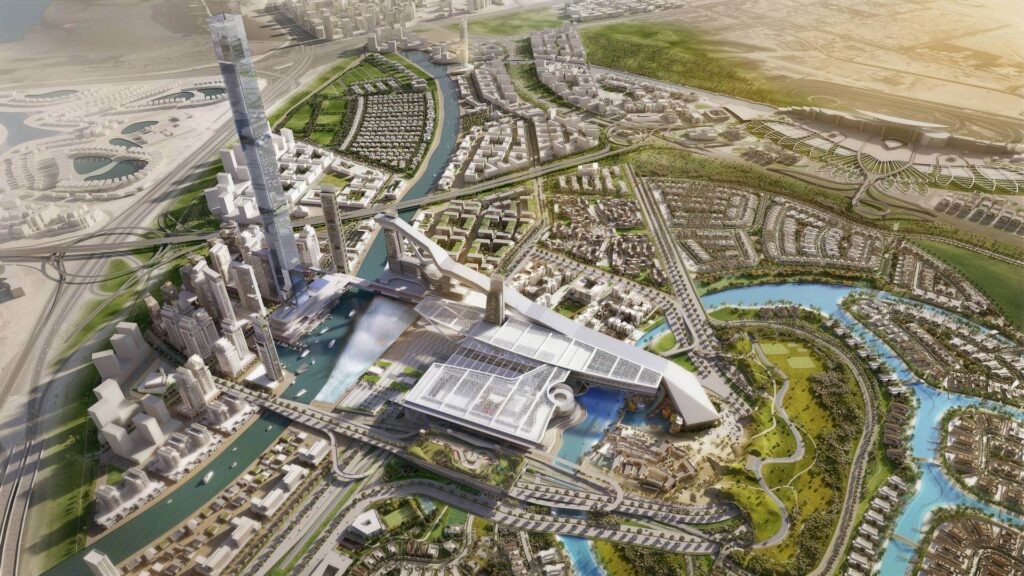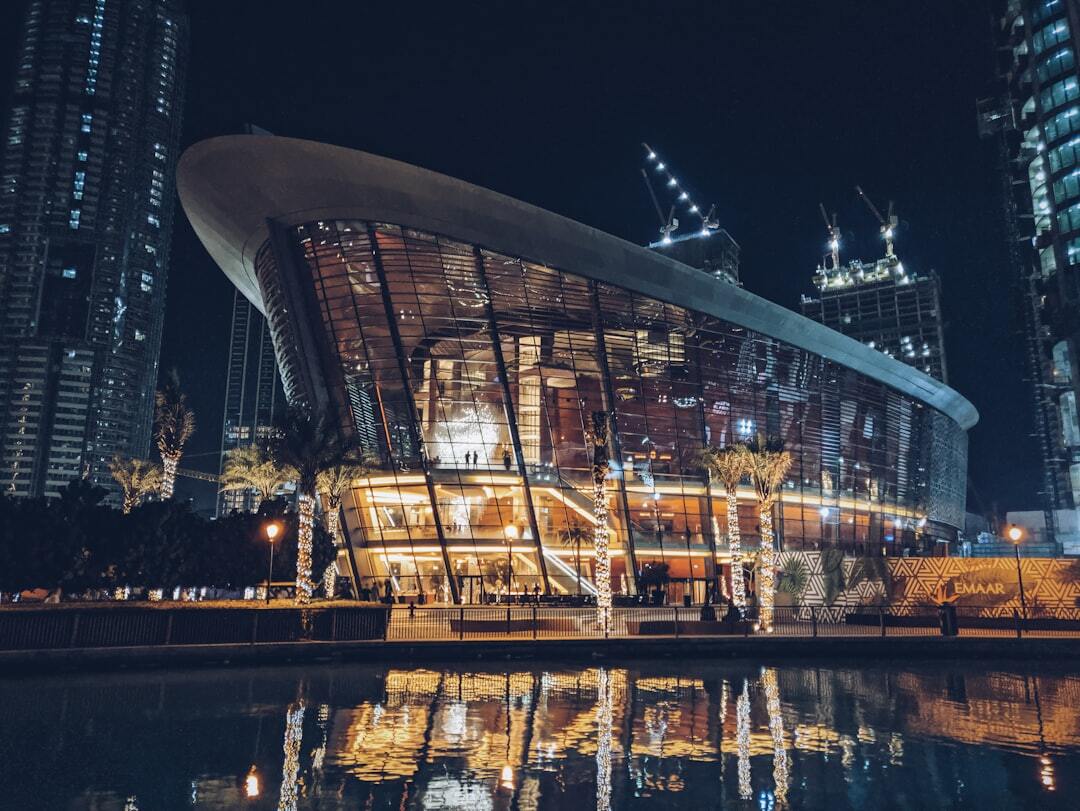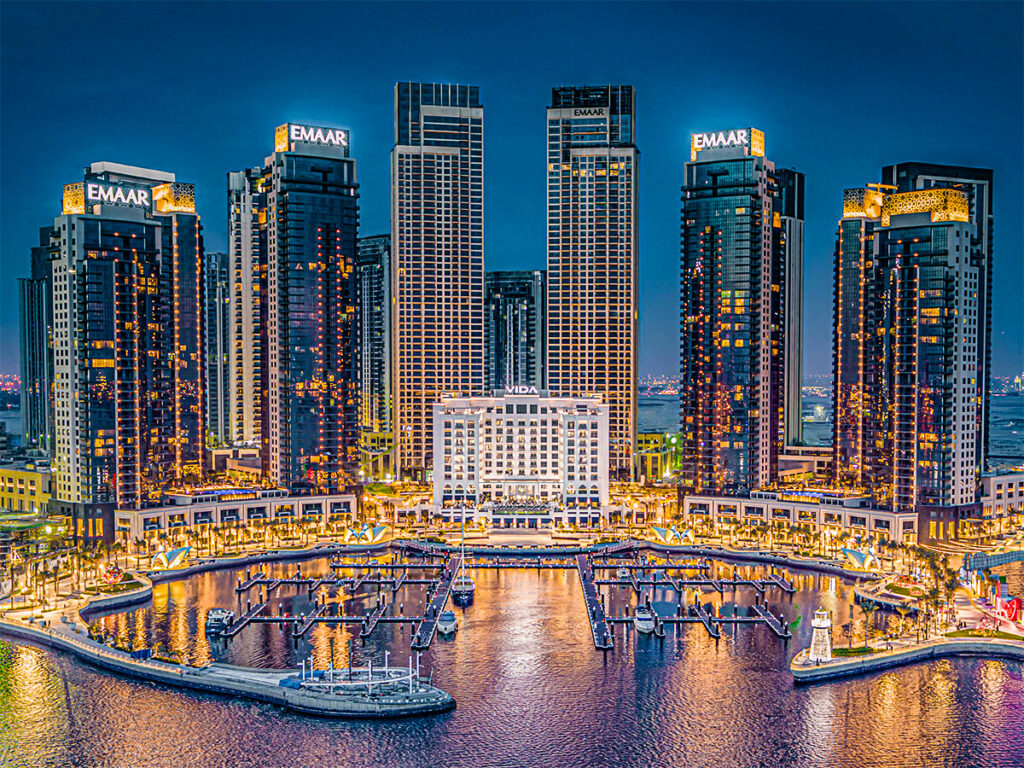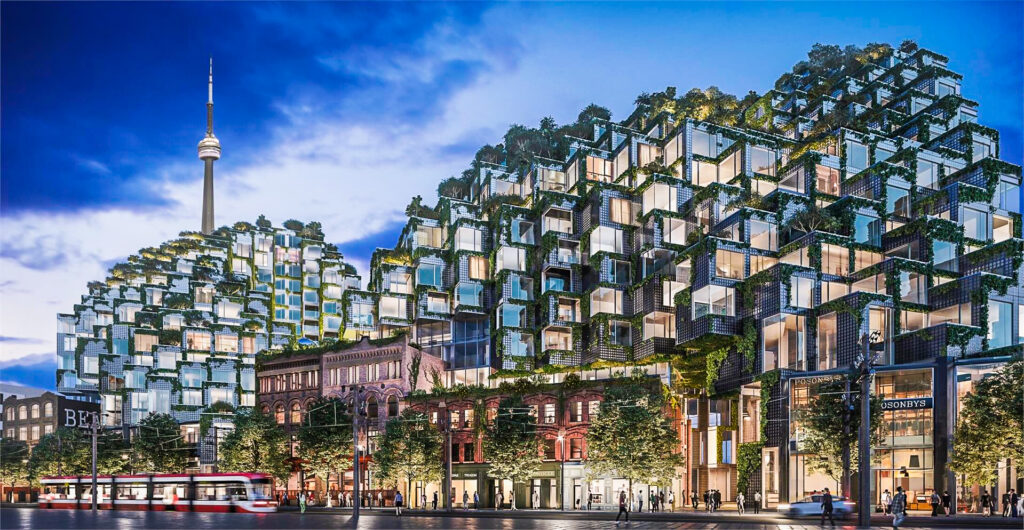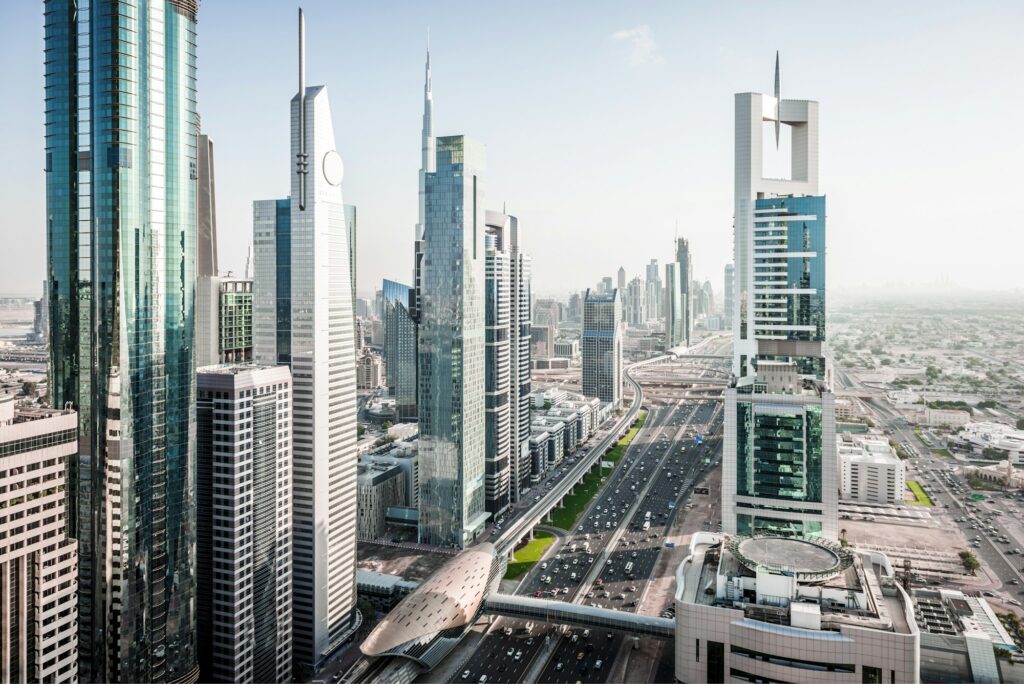The Kingdom of Bahrain has introduced new guidelines for expansion in residential areas, aiming to enhance urban planning and development in the region. The decision comes as part of the government's efforts to accommodate the growing population and improve the overall quality of living for its residents. The new guidelines focus on several key aspects, including the limitation of building heights, utilization of green spaces, and ensuring proper infrastructure is in place to support the expansion. This move reflects the government's commitment to sustainable urban development and creating a more liveable environment for its citizens.
By restricting building heights, the government hopes to maintain the aesthetic appeal of residential areas and prevent overcrowding. This measure is crucial in preserving the character of neighborhoods and ensuring that residents have access to natural light and fresh air. Additionally, the guidelines emphasize the importance of incorporating green spaces into residential developments. Parks, gardens, and communal areas not only enhance the quality of life for residents but also contribute to environmental sustainability by promoting biodiversity and reducing heat island effects.
Infrastructure plays a vital role in supporting the expansion of residential areas. The government is keen on ensuring that adequate facilities such as roads, utilities, and public services are in place to meet the needs of the growing population. By investing in infrastructure development, Bahrain aims to enhance the overall connectivity and accessibility of residential neighborhoods, making them more attractive and convenient for residents. This strategic approach reflects the government's long-term vision for sustainable urban growth and development.
The new guidelines for expansion in residential areas reflect a shift towards more holistic and sustainable urban planning practices. By considering factors such as building heights, green spaces, and infrastructure, the government aims to create vibrant and inclusive communities that cater to the needs of residents. This approach not only improves the quality of living but also contributes to the overall wellbeing and happiness of the population. Bahrain's commitment to sustainable development sets a positive example for other countries in the region and underscores the importance of responsible urban planning in creating thriving cities.
In conclusion, the introduction of new guidelines for expansion in residential areas in Bahrain signals a significant step towards sustainable urban development. By focusing on building heights, green spaces, and infrastructure, the government aims to create more liveable and attractive neighborhoods for its residents. This initiative reflects Bahrain's commitment to enhancing the quality of life for its citizens and promoting environmental sustainability. As the population continues to grow, it is essential for governments to prioritize urban planning and development to ensure that cities remain vibrant, inclusive, and resilient. Through these new guidelines, Bahrain is paving the way for a more sustainable and prosperous future for its residents.
